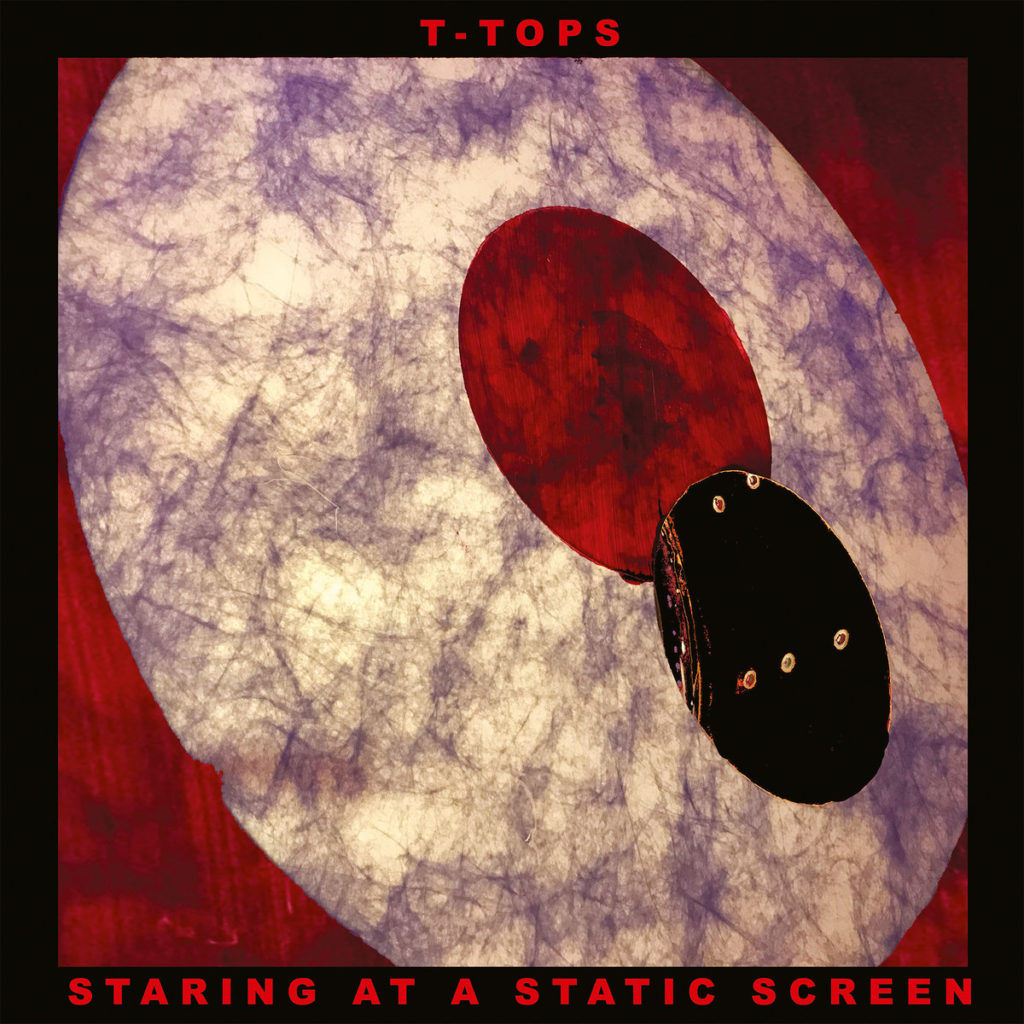On the band’s full-length debut, as a matter of fact, what the band does best is make incredibly catchy and jangly, guitar-driven pop rock. There’s the passing hint here and there of more adventurous and unconventional spirits but, by and large, the quartet rings truest when it runs into its choruses and refrains full-force with driving guitars and a sense of abandon.
After a short intro that hints at Oasis (if only for the title, “What’s the intro Morning Glory?”), the band launches into “American Borders,” which could impress Archers of Loaf – may they apparently rest in peace – with the jagged angularity of its guitar riffs.
Songs like “Senseless Beauty” and “Gin and Tonic” are a little more straight-forward, with more visible boundaries between verses and choruses, but they still pack a lot of punch.
Guitarist-vocalist Ted Nesseth likes accenting much of his work with backing vocals and hints of strings from Genevieve Gagon, but he also loves the distorted roar of his guitar. Case in point: the guitar-and-drums race of “New Parade.” Even while pockmarked by little shreds of violin, the drive of the guitar, harmonics and all, could’ve been inspired by a textbook punk band like Pennywise.
There are plenty of moments on the band’s self-titled debut, however, that are about more than the velocity they can put on display or the adrenaline they can muster. The violin over the fragile opening of “Cumulous to Nebulous” is inviting and vaguely Celtic, far removed from the power-chord drive of the band’s more clear-cut barnburners.
Later, amid notes on a keyboard, the song descends into a calculated but aggressive bridge, the tickled keys nearly as high in the mix as the pummeled toms and crunchy guitar, before reverting back to the calm of the song’s beginning moments.
“Empire” is the pop ballad Black Heart Procession would record if its approach to the acoustic guitar was a little more conventional, an understated and distorted drum line trailing behind a somber combination of guitar, organ, and honey-sweet vocals. Alone worth the price of the disc is a bridge in “Empire,” where Genevieve Gagon plays a sad scale on the piano while surrounded by swirls and spirals of looped sounds.
Another gem: the quiet, front-porch guitar solo of “Timeless Melody,” which floats over a gentle shuffle of acoustic guitars. Another: the mournful sway of songs like “My Friends” and the album-closing, almost Counting Crows-ish “Hangar.”
This isn’t to say the record is without its missteps. “Carwash” – which falls near the record’s center – might be taking a stab at the bouncy pop-punk of the 1980s, but it instead feels like a Cars retread, complete with backing vocals that are a little overzealous and goofy electronics. It’s an interesting B-side but, since it’s surrounded by more mature material, it feels half-hearted, a kind of strange afterthought.
The rest of the release, however, is engaging and as catchy as any pop-rock disc you’ll toss in your stereo this summer. Nesseth and the Gagons have an obvious handle on how to craft hooks and colorful melodies, utilizing the obvious formulas of bigger pop-rock acts while avoiding some of the tendency to make music that’s so big and generic that it lacks emotion.
Matt Dickey joins The Heavenly States on bass this time out, but the rumor mill says Paul Oldham – of Palace and Speed to Roam fame – will be filling out the band’s roster on the bottom end during upcoming live shows. Think of it as another way to lull you into believing The Heavenly States are just a Palace Records side act, instead of a pop rock band in their own right ready to take flight among the stars. – Delusions of Adequacy, Aug. 4, 2003




